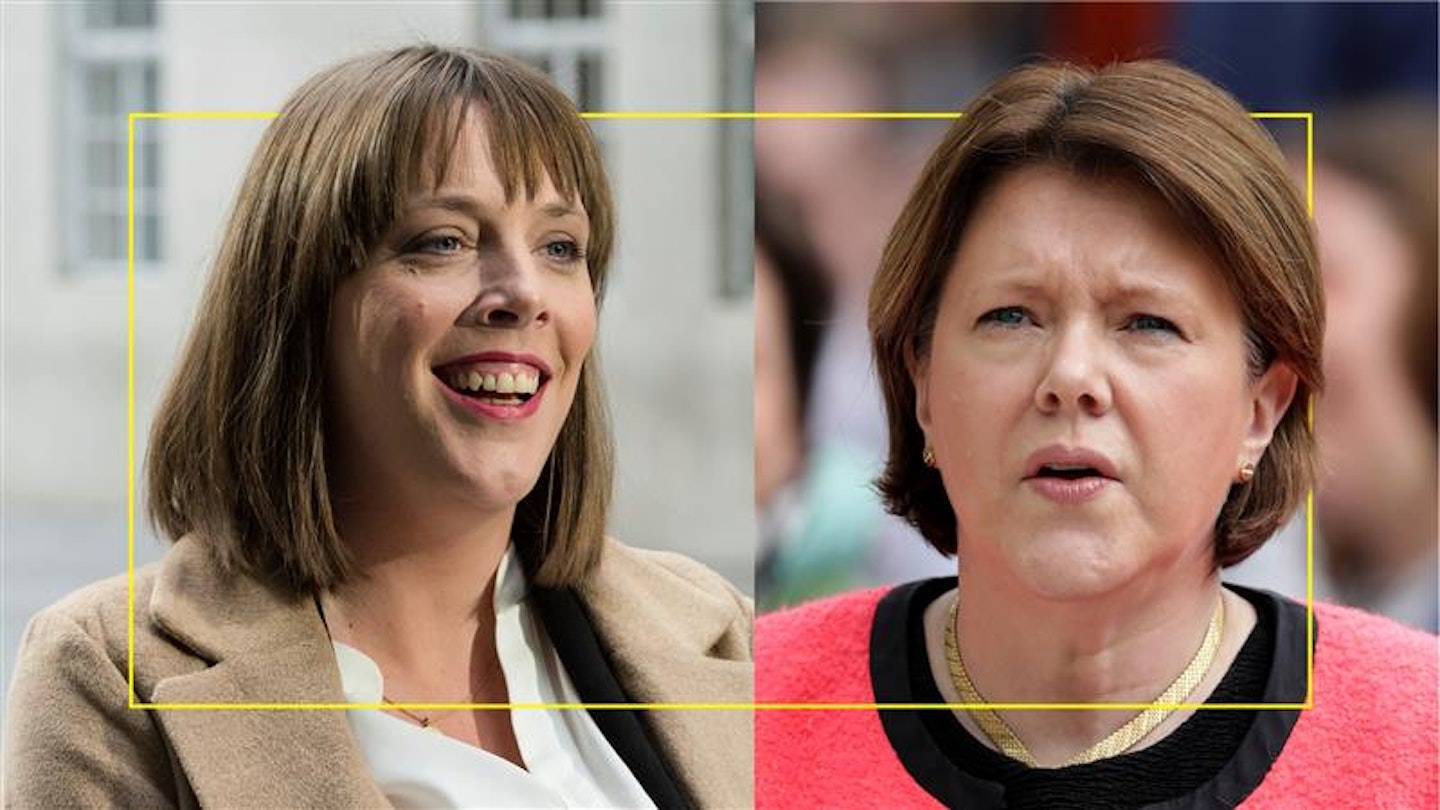The problem of unsolicited dick pics is widespread. It disproportionately affects women - and all too often the ital_victims_ital end up being blamed.We at Grazia refuse to accept that this is a form of sexual abuse we must simply take in our stride. The time is now to change the law - so, we’ve joined forces with MPs Maria Miller (Conservative) and Jess Phillips (Labour) who are working across party lines to call for cyberflashing to be made a clear crime.
Maria chairs the All-Party Parliamentary Group (APPG) for UN Women and has been campaigning since 2014 for better recognition in the law of the appalling abuse that women receive online. ‘The simple truth is that in the online world, offline laws don't work as they should. And that's why this needs a complete overhaul of the Online Safety Bill which the Government has just published,’ she says.
Within the Online Safety Bill, Maria and Jess want to see laws which criminalise those who send intimate images to somebody without their consent. ‘At the moment it isn't recognised in the law and it should be seen as a sex offence, which is one of the most serious forms of offences,’ Maria says. ‘But that's only the start because we also need to educate people that it would be against the law, and that will help start to change the culture, which has become too accepting of these sorts of images being sent - certainly in schools.’
Want to change things? You can sign our petition to make cyberflashing illegal here.
Indeed, a damning Ofsted review this month found nine in 10 girls at school have been sent unwanted explicit pictures. ‘We should be teaching young people from an early age that it is not acceptable to do this,’ Maria says.
‘It's a power play,’ Jess adds. ‘All violence against women and girls is a power play. It's not about anything other than power and control. For want of a better word it’s a “Fuck you, I can send you whatever I like". It feels as if there's nothing you can do about this. That is horrible.’
Jess has been sent unwanted, explicit images via Twitter and Facebook many times over the years. ‘You just delete it, block them and carry on with your life. But it's a sexual crime, isn't it? That's the fundamental of it. It's gross and it's horrible and I'm like, “For God's sake. Why do I put up with this?”
Jess says that she does not feel 'particularly threatened, necessarily' - but when it comes to other women or girls, she knows they could feel differently. She also points out how depressing it is to be so accustomed to this kind of abuse, something she chalks up to spending a decade in the public eye as a woman.
‘I wouldn't expect my male colleagues to sit here and tell you the same experience about women sending them pictures of their tits or their vagina. I wouldn't expect that that's something that they’ve commonly had to deal with,’ she says. ‘We're on the cusp of people thinking, this is just one of those things; that this is “the internet”, you can't control it, and then just pushing it to one side.’ But, she explains, the sending of an unsolicited explicit photo - online flashing, effectively - should ‘absolutely be considered as shocking as if someone did it [flashing] to me in the street’.
With our lives lived online, what could this type of abuse lead to if not kept in check? ‘We're creating a culture where people can act with impunity,’ Maria says. ‘The law is silent on too many of these issues and if we don't address it then we run the risk of a whole generation thinking that it is acceptable behavior.'
So, let’s send the government a message loud and clear: unsolicited dick pics need to be properly recognised in the law. Now is our opportunity to do something about this abuse and get people the protections they really need.
